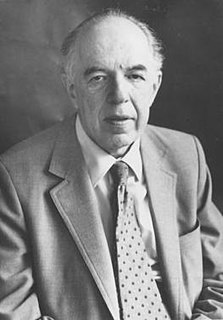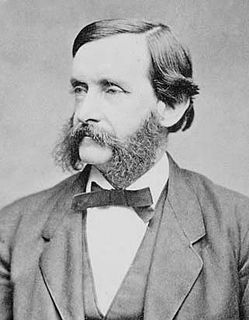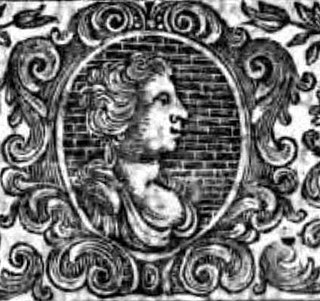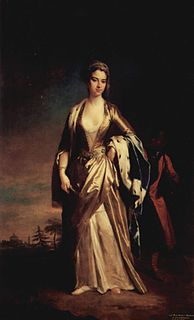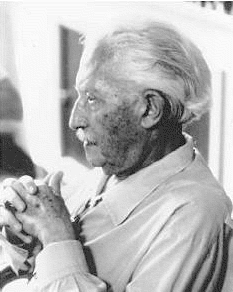A Quote by Samuel Johnson
Novelty is indeed necessary to preserve eagerness and alacrity; but art and nature have stores inexhaustible by human intellects, and every moment produces something new to him who has quickened his faculties by diligent observation.
Related Quotes
Many causes may vitiate a writer's judgement of his own works. On that which has cost him much labour he sets a high value, because he is unwilling to think that he has been diligent in vain: what has been produced without toilsome efforts is considered with delight as a proof of vigorous faculties and fertile invention; and the last work, whatever it be, has necessarily most of the grace of novelty.
Discovery is adventure. There is an eagerness, touched at times with tenseness, as man moves ahead into the unknown. Walking the wilderness is indeed like living. The horizon drops away, bringing new sights, sounds, and smells from the earth. When one moves through the forests, his sense of discovery is quickened. Man is back in the environment from which he emerged to build factories, churches, and schools. He is primitive again, matching his wits against the earth and sky. He is free of the restraints of society and free of its safeguards too.
They that examine into the Nature of Man, abstract from Art and Education, may observe, that what renders him a Sociable Animal, consists not in his desire of Company, Good-nature, Pity, Affability, and other Graces of a fair Outside; but that his vilest and most hateful Qualities are the most necessary Accomplishments to fit him for the largest, and, according to the World, the happiest and most flourishing Societies.
Some will protest that in a world with so much human suffering, it is something between eccentric and obscene to mourn a dog. I think not. After all, it is perfectly normal—indeed, deeply human—to be moved when nature presents us with a vision of great beauty. Should we not be moved when it produces a vision—a creature—of the purest sweetness?
Nature is indeed a specious ward, nay, there is a great deal in it if it is properly understood and applied, but I cannot bear to hear people using it to justify what common sense must disavow. Is not Nature modifed by art in many things? Was it not designed to be so? And is it not happy for human society that it is so? Would you like to see your husband let his beard grow, until he would be obliged to put the end of it in his pocket, because this beard is the gift of Nature?
The strengths a young person finds in adults at this time-their willingness to let him experiment, their eagerness to confirm him at his best, their consistency in correcting his excesses, and the guidance they give him-will codetermine whether or not he eventually makes order out of necessary inner confusion and applies himself to the correction of disordered conditions. He needs freedom to choose, but not so much freedom that he cannot, in fact, make a choice.
Intellect begins with the observation of nature, proceeds to memorize and classify the facts thus observed, and by logical deduction builds up that edifice of knowledge properly called science? But admittedly we also know by feeling, and we can combine the two faculties, and present knowledge in the guise of art.
We must carry the war into every corner the enemy happens to carry it, to his home, to his centers of entertainment: a total war. It is necessary to prevent him from having a moment of peace, a quiet moment outside his barracks or even inside; we must attack him wherever he may be, make him feel like a cornered beast wherever he may move. Then his moral fiber shall begin to decline, but we shall notice how the signs of decadence begin to disappear.
He who lets the world, or his own portion of it, choose his plan of life for him, has no need of any other faculty than the ape-like one of imitation. He who chooses his plan for himself, employs all his faculties. He must use observation to see, reasoning and judgment to foresee, activity to gather materials for decision, discrimination to decide, and when he has decided, firmness and self-control to hold to his deliberate decision.
The refining influence is the study of art, which is the science of beauty; and I find that every man values every scrap of knowledge in art, every observation of his own in it, every hint he has caught from another. For the laws of beauty are the beauty of beauty, and give the mind the same or a higher joy than the sight of it gives the senses. The study of art is of high value to the growth of the intellect.


